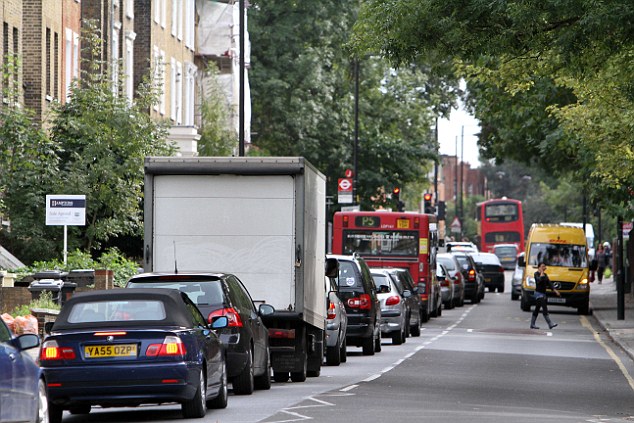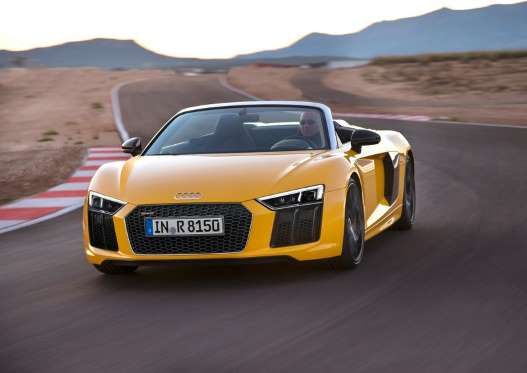Now Reading: Electric vehicles will fuel huge demand for power by 2030, says National Grid
-
01
Electric vehicles will fuel huge demand for power by 2030, says National Grid
Electric vehicles will fuel huge demand for power by 2030, says National Grid

The increase use of electric vehicles could boost electricity energy peak demand by 3.5 gigawatts (GW) in the UK by 2030, National Grid stated.
In its yearly Future Energy Scenarios report, the grid operator stated it saw a sharp increase in the amount of electric vehicles, with sales anticipated to be over 90 percent of all cars by mid-century.
Because of that, electricity demand will boost, driven at first by electric automobiles and in the future by heat demand as the speed picks up to decarbonize the heating sector.
Peak electricity energy demand might even rise by as much as 8 GW by 2030 without “wise charging” throughout off-peak hours and 18 GW by 2050, National Grid stated.
The demand in the UK is presently around 50-55 GW in winter.
The 18 GW boost in peak demand would occur in a world that is quite rich, where customers would charge their vehicles at peak times, disregarding electricity tariffs that are less expensive throughout off-peak hours.
In a region where cutting greenhouse gas emissions is a leading concern, shared driverless cars could potentially comprise 50 percent of electric vehicles, National Grid stated.
With car sharing and off-peak charging patterns, demand may just increase by 6 GW by 2050, it included.
“The scenarios are not forecasts however they aim to be a driver for argument, decision making and change, and provide transparency to the wider market,” stated Marcus Stewart, head of energy insights at National Grid.
“This new age of network operation is interesting and manageable, but it’s essential there is investment in smart technologies and electricity facilities and a coordinated approach across the entire electricity system,” he included.
Stay Informed With the Latest & Most Important News
Previous Post
Next Post
-
 01Polestar Boss Says It’s Time To Outrun BMW M And Mercedes-AMG
01Polestar Boss Says It’s Time To Outrun BMW M And Mercedes-AMG -
 02Spy Shots: 2027 Mitsubishi Pajero Spotted in Testing Ahead of Possible U.S. Return
02Spy Shots: 2027 Mitsubishi Pajero Spotted in Testing Ahead of Possible U.S. Return -
 032026 Toyota Hilux EV: A Powerful Truck with Silent Torque
032026 Toyota Hilux EV: A Powerful Truck with Silent Torque -
![2027 Mercedes-Benz S-Class Debuts with V8 Engine [Photo Gallery]](https://speedlux.com/wp-content/uploads/2026/01/2027-Mercedes-Benz-S-Class-33-155x125.jpg) 042027 Mercedes-Benz S-Class Debuts with V8 Engine [Photo Gallery]
042027 Mercedes-Benz S-Class Debuts with V8 Engine [Photo Gallery] -
 052026 Corvette ZR1 Production Surges Past Expectations as Output Clears 1,000 Units
052026 Corvette ZR1 Production Surges Past Expectations as Output Clears 1,000 Units -
 06Spy Photos: VW ID. Polo GTI Goes Electric with 223 HP and 280 Miles of Range
06Spy Photos: VW ID. Polo GTI Goes Electric with 223 HP and 280 Miles of Range -
 07Hyundai Palisade’s Breakout Year Shows How Quickly the Market Can Turn
07Hyundai Palisade’s Breakout Year Shows How Quickly the Market Can Turn



![2027 Mercedes-Benz S-Class Debuts with V8 Engine [Photo Gallery]](https://speedlux.com/wp-content/uploads/2026/01/2027-Mercedes-Benz-S-Class-33-700x394.jpg)










































